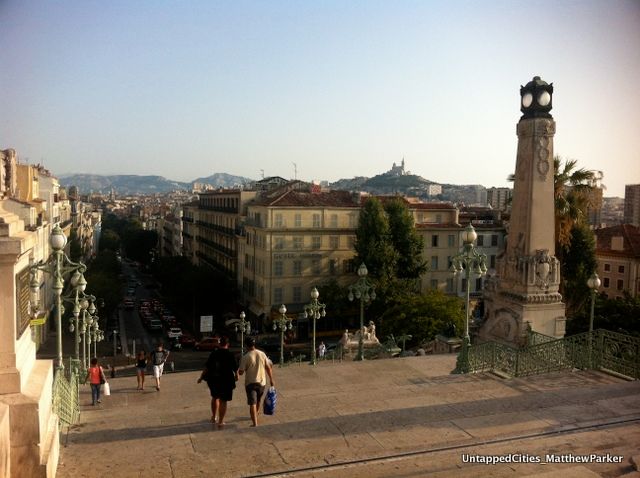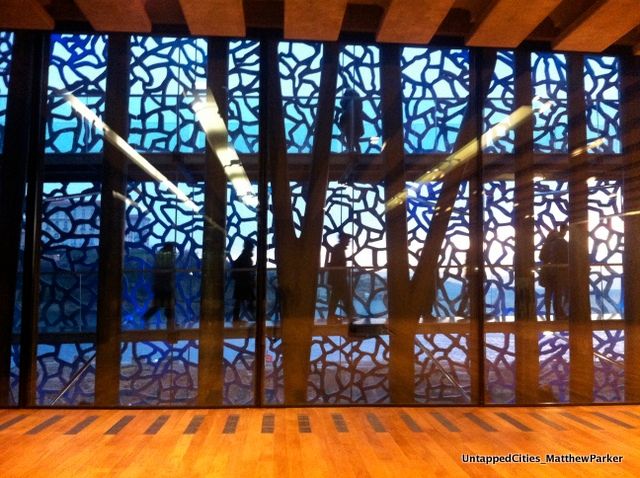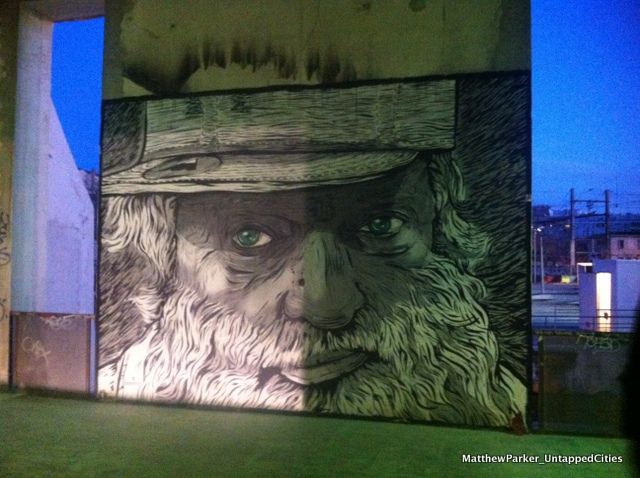100th Anniversary Great Nave Tour at the Cathedral of St. John the Divine
Celebrate the 1925 construction of the stunning nave inside the world's largest Gothic cathedral!


It is said that when you arrive in Marseille, you have landed on Mars. The complex and contradictory nature of France’s second city can bewilder a first time visitor who doesn’t expect such chaos. Some interpret it as corrupt disorder, but they judge a bit too hastily a city that is naturally set apart —ringed by mountains and an open blue sea, and proud to be the oldest in France, never tamed by an upstart like Paris.
Exotic and pulsating, Marseille is the eternal rebel who plays host to all the world’s cultures. This unique mix is fertile ground for the many artists and musicians who together have here created one of the most experimental scenes in Europe. For too long the City Hall did not care, never really supporting culture in the city. But seeing the opportunities it could bring for renovation and investment, they finally took note and successfully secured Marseille as the European Capital of Culture in 2013.
But how does a rebellious city like Marseille host an event that at its very core symbolises the ordered centrality of Europe? Well, the beauty of Marseille is that she’ll take anything and make it her own. This weekend saw the grand opening ceremony and 400,000 people descended on the ‘Capital’ to watch a haphazard array of street theatre, light parades, water displays and fireworks.
In the build-up to the event, Marseille has invested massively in urban regeneration and the creation of new museums. The crowning glory is the Mucem (Musée des Civilisations de l’Europe et de la Méditerranée), a new national museum that explores the cultures of the Mediterranean. Perched on the edge where the Vieux Port meets the sea, it is celebrated for its imaginative and dynamic architecture— a beacon of a new Marseille that is still seaward gazing, but more confident and prosperous.


Besides all the specially organised events for this year, one of the most successful on-going projects is at La Friche Belle de Mai, an old factory complex that over 20 years has developed into a nerve centre of creativity housing artists, designers and filmmakers. Over 80 companies are now based there as well as a live music venue, restaurant, skate park and contemporary art gallery that has been endowed with a vast modern wing offering stunning views over the city’s skyline. In its corridors you feel more in Berlin or London’s East End, except for one glaring difference: the endless blue skies that grace Marseille with their presence for over 300 days a year.

And so, in its typically unfocused way Marseille continues its ascent. The New York Times has placed it in 2nd position out of 50 must-see places in 2013 and the photos in this post illustrate just how much the words ‘dynamism’ and ‘enterprise’ can rightfully be attributed to what is at heart a working class port city.
Get in touch with the author @ManInMarseille and check out his blog, The Man from Mars(eille).
Subscribe to our newsletter